Valuation and new real estate business models
By Stella LawAs new operating models emerge, property valuers may need to be mindful of the way real estate is run when making valuations.
Travel restrictions and other control policies have been put in place around the world to contain the COVID-19 pandemic, but the flow of capital has not stopped. Investors keep searching for emerging business models in various sectors in an attempt to benefit from the next windfall.
As an important alternative asset in investment portfolios, real estate has been producing new business models over the past few years and receiving attention from the capital market. But when the market's attention began to shift during the pandemic, many seemingly good business models gradually exposed their hidden flaws.
For example, before the leading coworking operator WeWork prepared its initial public offering (IPO) in 2019, its concept of tech-led, flexible office space had been well received by many investors and successfully attracted significant capital. However, after it filed its IPO application the market gradually realised that its business model would be difficult to sustain in the long run. WeWork's valuation plummeted, and the offering failed.
Another example concerns Danke Apartment in mainland China. The operator took long leases on apartments from owners to sublet at affordable rents, and the market had been expecting to see it become the first Chinese stock to be listed on the NYSE. However 2020 saw news spread that Danke were not paying suppliers, nor passing on rent to owners as they were supposed to. Since the beginning of the spread of pandemic in 2020, its market value has shrunk from $274m to less than $200m.
By analysing the business models of WeWork and Danke Apartment, we can see that the most important risk factor for both is the same: namely, unstable cash flow. WeWork's business model is to rent or purchase office space, redesign it and sublet it to businesses to earn the rent directly, or to profit from the premium it can charge tenants above the amount they (WeWork) pay to landlords. WeWork adds technology ingredients, such as room booking system for users to access WeWork facilities anywhere in the world, enhances community attributes with events, activities and provision of promotional platforms for businesses and enables more efficient space use. But ultimately rent is essential to sustainable operation; when vacancy increases, WeWork's revenue will shrink and cash will stop flowing.
Similarly, Danke Apartment operates on the basis that tenants sign a contract and pay rent in advance on an annual or quarterly basis, and the company then pays monthly rent to the landlord. Since many of the tenants are young and at early stages of their careers, it would be difficult for them to raise a large amount of money in advance. The company thus created the rental loan model, cooperating with financial institutions to provide loans to tenants to pay rent in advance.
As a result, Danke's cash flow is highly dependent on tenants' prepayments. With the massive shutdown of production in China at the beginning of last year and fierce competition in the real-estate market, occupancy rates have deteriorated, leading to a significant contraction in rental income and a serious cash-flow shortage.
For emerging real-estate business models, cash is king. Real-estate investments require more capital than equities and bonds but are less liquid. If an emerging real-estate business model is to succeed, it must show the market how it can be relied on to realise cash and provide a stable cash flow to ameliorate the risks of illiquidity.
In the process of valuation, the following points should be noted.
1. The future market size of the targeted field determines the revenue level for the business model, so we need to understand niche market’s growth rate and market size to determine the business model’s expected cash flow correctly and the point at which it will reach stability.
2. Protect the key business driver is a critical factor to keep a sustainable business model. So we need to thoroughly analyse the competitive advantage of the business model of the new-economy in real estate sector and assess the risk factors.
3. Real-estate operation and investment is a highly specialised field, so the experience and management style of those in charge will have a major impact on the revenue and operational risk for a business.
The emergence of each new business model means that capital is enabling pioneering approaches in real estate – successful or otherwise. The business may appear exciting, but it will always face the fundamental question of how to realise cash. Only a business model that is brave enough to address this question can forge a new path in real estate.
As a property valuer, one can no longer solely rely on traditional methodology. While owners, operators and developers are working on new business models to make best use of spaces and create value from assets, valuers should keep an eye not only on the value of the property but also the way the real estate business is run. In the long term, business valuation and property valuation may merge as new business models enter the market.
Stella Law is executive director, CHFT Advisory and Appraisal










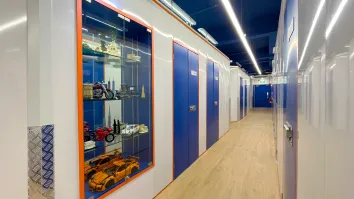




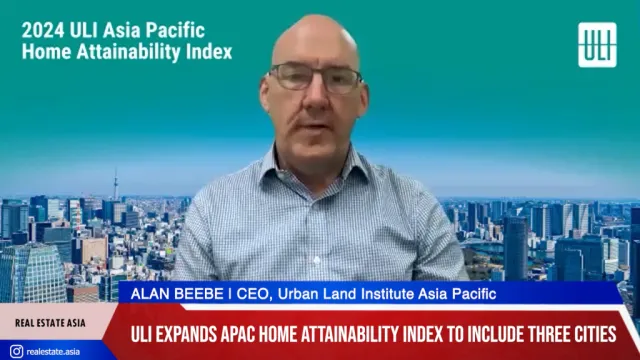

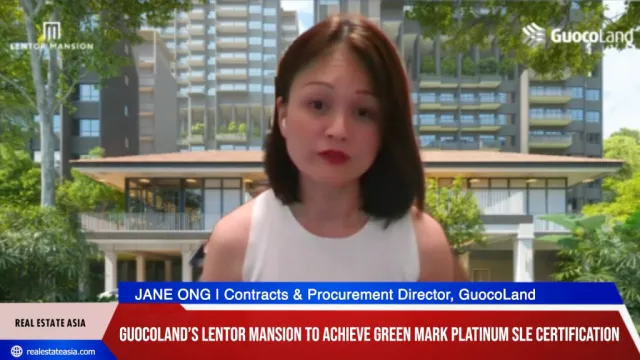
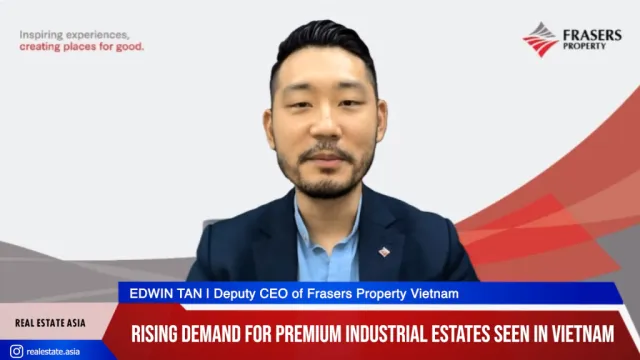
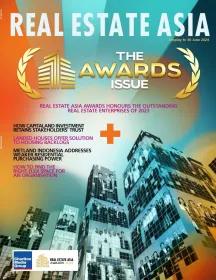
 Advertise
Advertise






